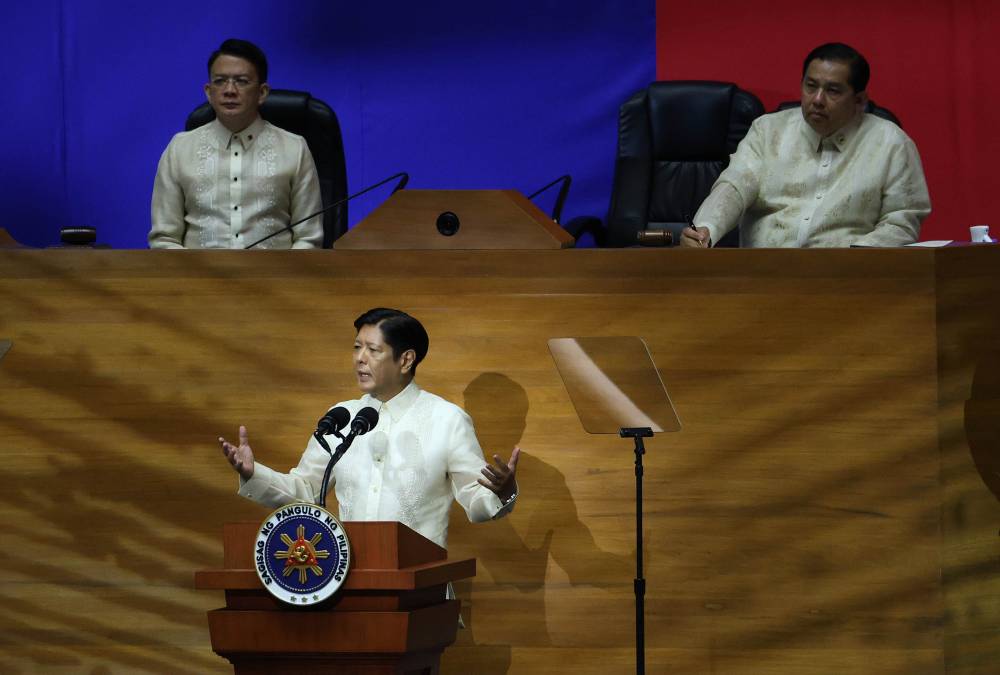How should we evaluate the President’s State of the Nation Address?

It is often an annual tradition that alongside the State of the Nation Address (Sona), students would be required to write a reaction paper as an analytical exercise. However, there is little consensus on how to do it. What do we look for when we try to judge and evaluate the president’s annual address?
There are times when we were fixated on the number of times people clapped and for how long, the language they used, or the times when the president went off script. Sometimes the president would inject their own personality and individuality into the pollical performance.
President Benigno Aquino III delivered his addresses in complete Tagalog. President Rodrigo Duterte constantly switched from his native Bisaya to English while meandering and cursing incoherently. How are we to judge the third Sona of President Marcos?
If there is one thing he excels at as a chief executive, it is following the script. Besides the usual applause, there wasn’t anything remarkable in the delivery of the script except for how “clean” it was. Given the lack of individual personality, Mr. Marcos’ speeches exemplify the “Sona by committee” where we can no longer extract meaning from the audio-visual delivery or the ritual of the speech itself. Rather, we as citizens must evaluate based on how the text of his speech reflects the reality of the country.
In truth, the usual fixation on claps, gaffes, language, and ovations is part of the pageantry of the event that many already find superfluous. The evaluation requires research and reflection.
Personally, I have stopped the tradition of Sona reaction papers in the context of the incoherence of Duterte’s addresses and how students create memes mocking the frivolous practice of reaction papers.
I suddenly think that with the clinically produced nature of Mr. Marcos’ addresses, we may need to revisit these Sona reaction papers but with greater diligence on the text and reality rather than the pageantry and performance. However, we should not leave the analysis only to students but try to sit on the speech diligently ourselves as adult citizens.
The pundits may have their say but to properly evaluate the speech may take days, even weeks. This is a practice we must hone. Mr. Marcos may have returned decorum and a semblance of dignity to presidential speeches which was lost with Duterte. However, we must not mistake decorum for actual statesmanship. As citizens, we must continue to vigilantly scruntinize the president’s speeches no matter how polished the delivery.
Matthew David Ordonez
















